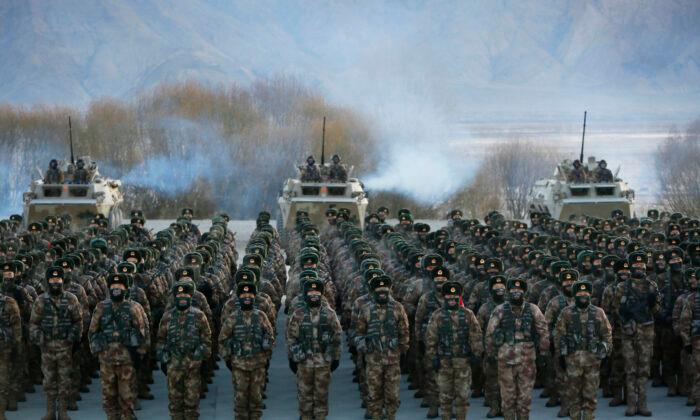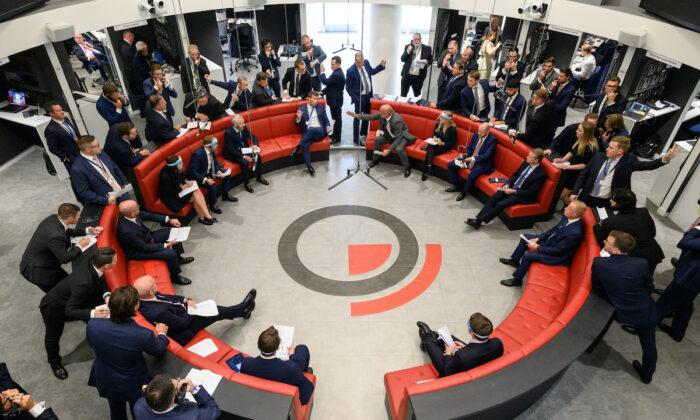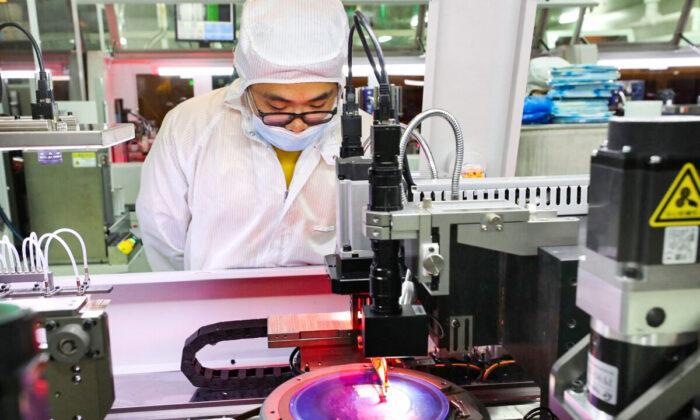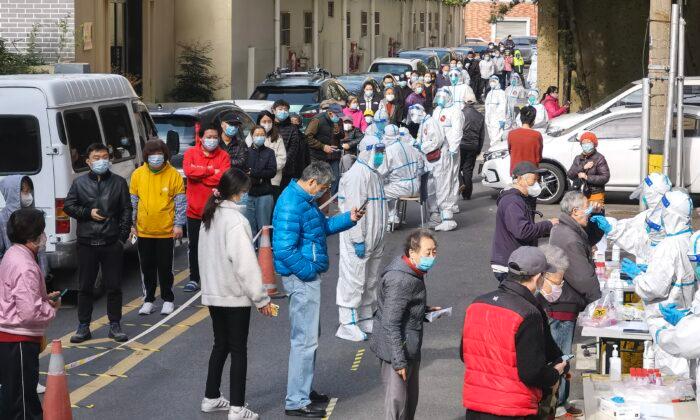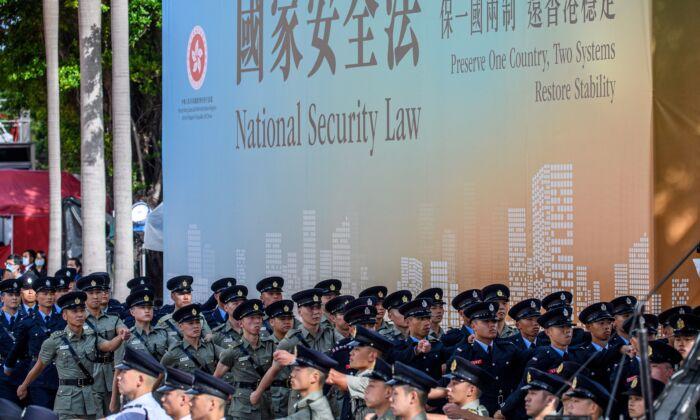Chinese leader Xi Jinping recently inspected an undisclosed space base in northwestern China, and instructed the military officers and soldiers to “make preparations for war.”
According to Chinese state-run media, during an inspection of the space base in Shaanxi Province on Sept. 15, Xi stated that “space assets” are strategic assets of the CCP that must be “managed and utilized well.” He praised the base for having made a significant contribution to the CCP’s aerospace development, and told the military personnel to improve combat readiness, and aim at becoming a “world-class army” as well as “a space superpower.”
Beijing-based DWnews said that this was Xi Jinping’s first public inspection of the CCP’s strategic support forces, and the site was very likely the Xi'an Satellite Measurement and Control Center, codenamed the “26th Experimental Training Base (Unit 63750)” in the military. It is the operation, control, and management center of the CCP’s aerospace measurement and control network, mainly responsible for monitoring spacecraft launches, spacecraft tracking and measuring, data transmission, information processing, and recovery.
Established on Dec. 31, 2015, the CCP’s Strategic Support Force is composed of various types of units that play important supporting roles, including battlefield environment protection, information and communication protection, information security protection, and new technology testing, etc, according to DWnews.
Li Yanming, a political commentator living in the United States, noted that in the run up to the CCP’s 20th National Congress, Beijing is facing both domestic and international crises, and the high-level internal fighting was intensified to the point of approaching a showdown. In an interview with The Epoch Times, Li said that military confrontations in the Taiwan Strait, South China Sea, East China Sea, China-India border, the Korean Peninsula, and other surrounding regions may escalate at any time.
Li believes that at the international level, the military tensions around China are related to the CCP’s diplomatic, political, and economic relations with the United States, Russia, and Japan. Within the CCP, it has become increasingly clear that former CCP leader Jiang Zemin’s faction attempts to take advantage of these crises and military conflicts to force Xi to step down.
For Xi Jinping, preparing for war can not only divert attention from internal crises, but at the same time help to shape himself into the image of a national hero who defeats both foreign forces and political enemies.
China has been ever more aggressive in pursuing its territorial and maritime sovereignty claims in the South and East China Seas, along the China-India border, and frequently invading into Taiwan’s airspace.
Gui Yuan, a Chinese current affairs commentator living in Japan, told The Epoch Times that the CCP is now in the middle of both internal and external crises. The external conflicts are very tense, but in reality, the regime’s internal crisis is more acute, he said. Behind Xi’s emphasis on war preparation is the urge to resolve internal crises, and Xi’s real goal to strengthen his power, Gui said.
Chong Sheng (pseudonym), an independent commentator in China, also believes that Xi’s true intention is to stabilize his power.
“Xi Jinping has his own sphere of influence, and some second-generation from the top CCP families support him, but the opposition faction seems to be greater,” Chong told The Epoch Times. “Jiang Zemin, his political opponent, is still very powerful. In order to consolidate his rule, Xi has been purging officials in Jiang’s faction. For instance, he has replaced the commander of the Western Theater Command four times this year.”
